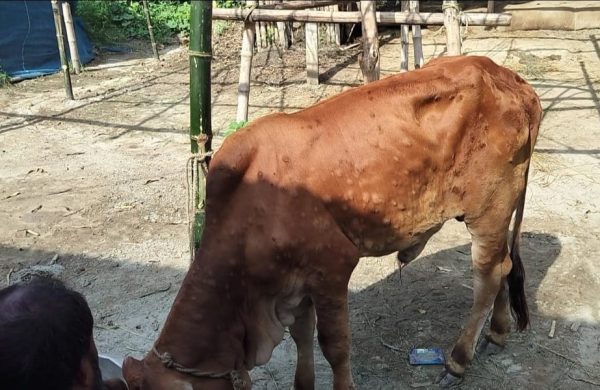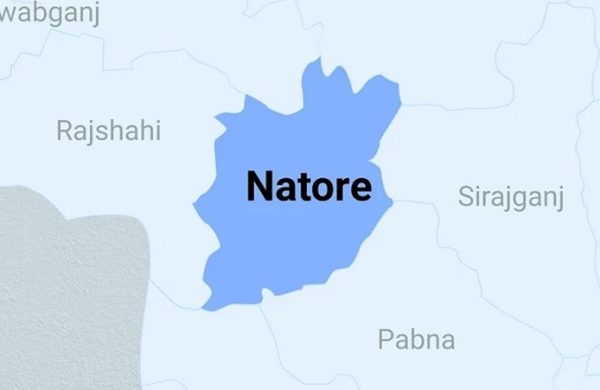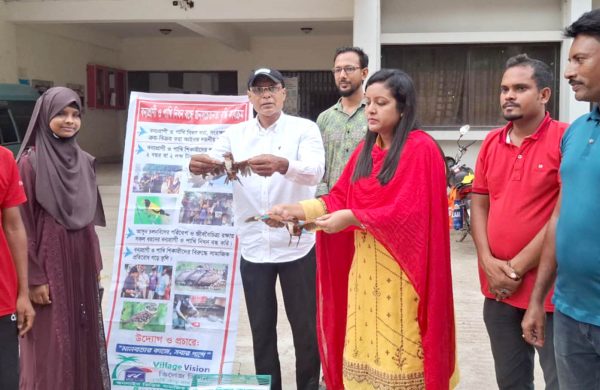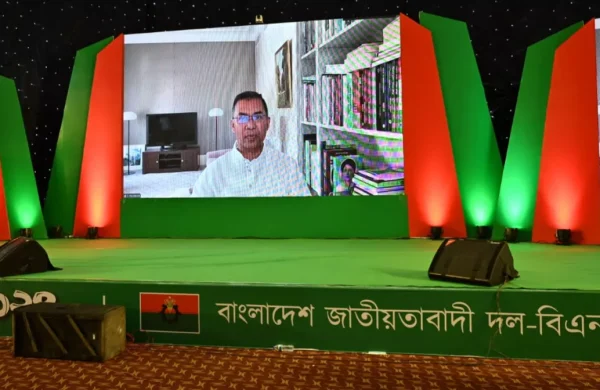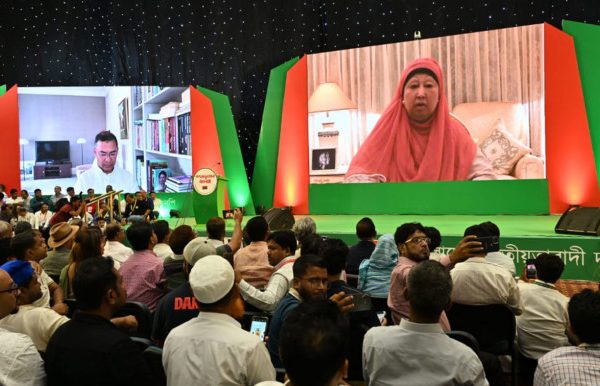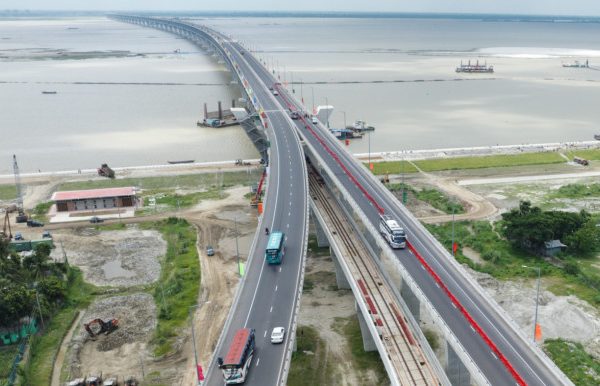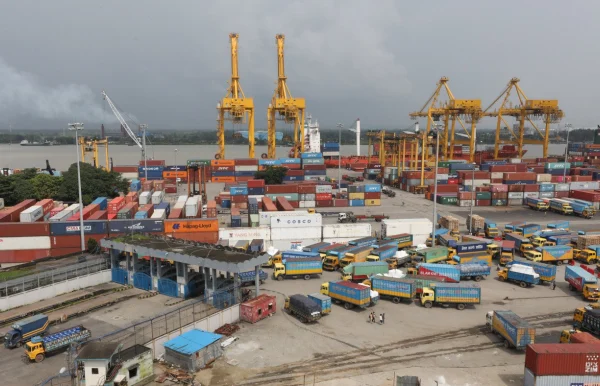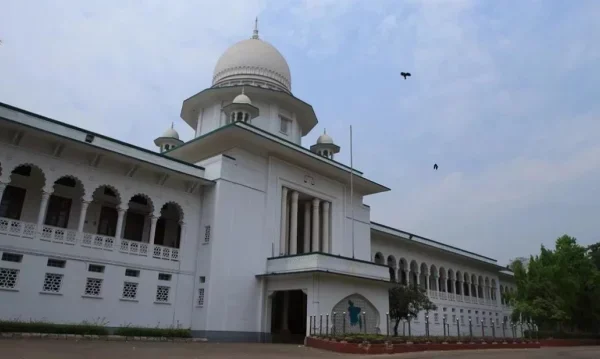Forging Faith: Jashore’s blacksmiths toil tirelessly ahead of Eid-ul-Azha
- Update Time : Wednesday, June 4, 2025
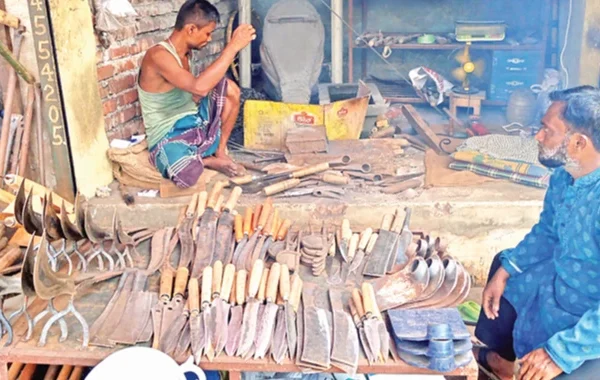
Jashore Correspondent:
In the heart of Jashore’s Sharsha upazila, a symphony of hammers plays out across Navaron Rail Market amid the heat and haze of coal-fired forges.
As Eid-ul-Azha looms on the horizon, the blacksmiths of this once-sleepy marketplace have entered their busiest season, an annual crucible of fire, faith and sheer physical endurance.
Here, where iron meets flame and tradition melds with necessity, the artisans labour ceaselessly to craft the indispensable tools of Qurbani, the sacred ritual of animal sacrifice.
Knives, machetes, choppers, and cleavers, each meticulously shaped by hand, gleam like polished silver under the dim glow of furnace light.
The market is alive with an intensity found nowhere else in the calendar year. The clatter of steel on steel rings through narrow alleyways, echoing the devotion etched into every blacksmith’s soot-streaked brow. Inside smoke-filled workshops, orange embers flicker like fireflies in the gloom, casting light on the sinewy figures hunched over anvils.
Exhaustion hangs thick in the air, yet the craftsmen work with unwavering resolve. From the first blush of dawn to well past midnight, the rhythm never breaks. Eid brings with it not just spiritual fulfilment, but also the hope of a financial reprieve for these hardworking souls.
“We wait all year for this season,” says Robiul Islam, president of the Navaron Rail Market Blacksmith Association. “But it’s not as profitable as it once was. Prices for iron and coal have soared, but we dare not raise the rates for our customers. People are already struggling.”
A large-quality sacrificial knife, he shares, now costs between Tk 500 and Tk 600. Smaller blades fetch Tk 150 to Tk 200, with larger machetes and choppers priced at Tk 400 to Tk 500 and Tk 300 to Tk 400 respectively. Despite the labour involved, margins remain slim.
And then, there is the shadow of industrialisation. Mass-produced tools, mostly imported from China, are flooding the local market—sleek, cheap, and mechanically precise. “People often bring us their old blades to sharpen rather than buy new ones,” Robiul laments. “They trust our work, but the economics don’t favour us anymore.”
Still, rows of freshly forged tools shimmer at storefronts, their gleaming edges a testament to artistry that no machine can replicate. Inside, shirtless workers—faces streaked with sweat and soot—pump bellows, strike iron, and shape steel, their muscles moving almost by memory.
“This is our busiest time of year,” says one blacksmith, wiping sweat from his brow, his eyes bloodshot from lack of sleep. “We are tired beyond words. But this is our duty—our service to the community. People need our tools for Qurbani. We cannot let them down.”
With each clang of metal, each spark that leaps into the night, the blacksmiths reaffirm a legacy steeped in resilience and quiet pride. As Eid-ul-Azha draws nearer, their tireless toil underlines a timeless truth: that in the fire of hardship, tradition is forged anew.



